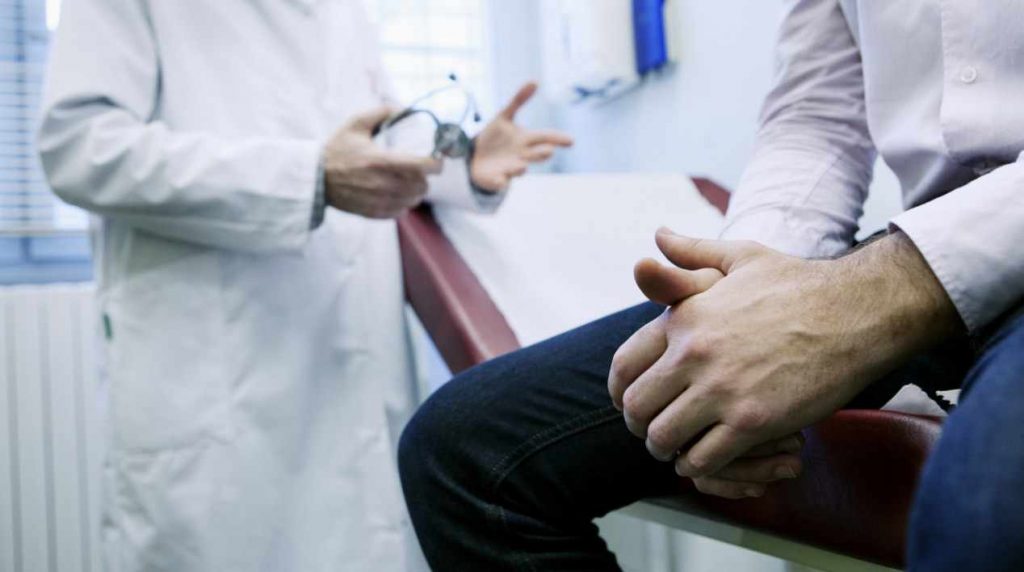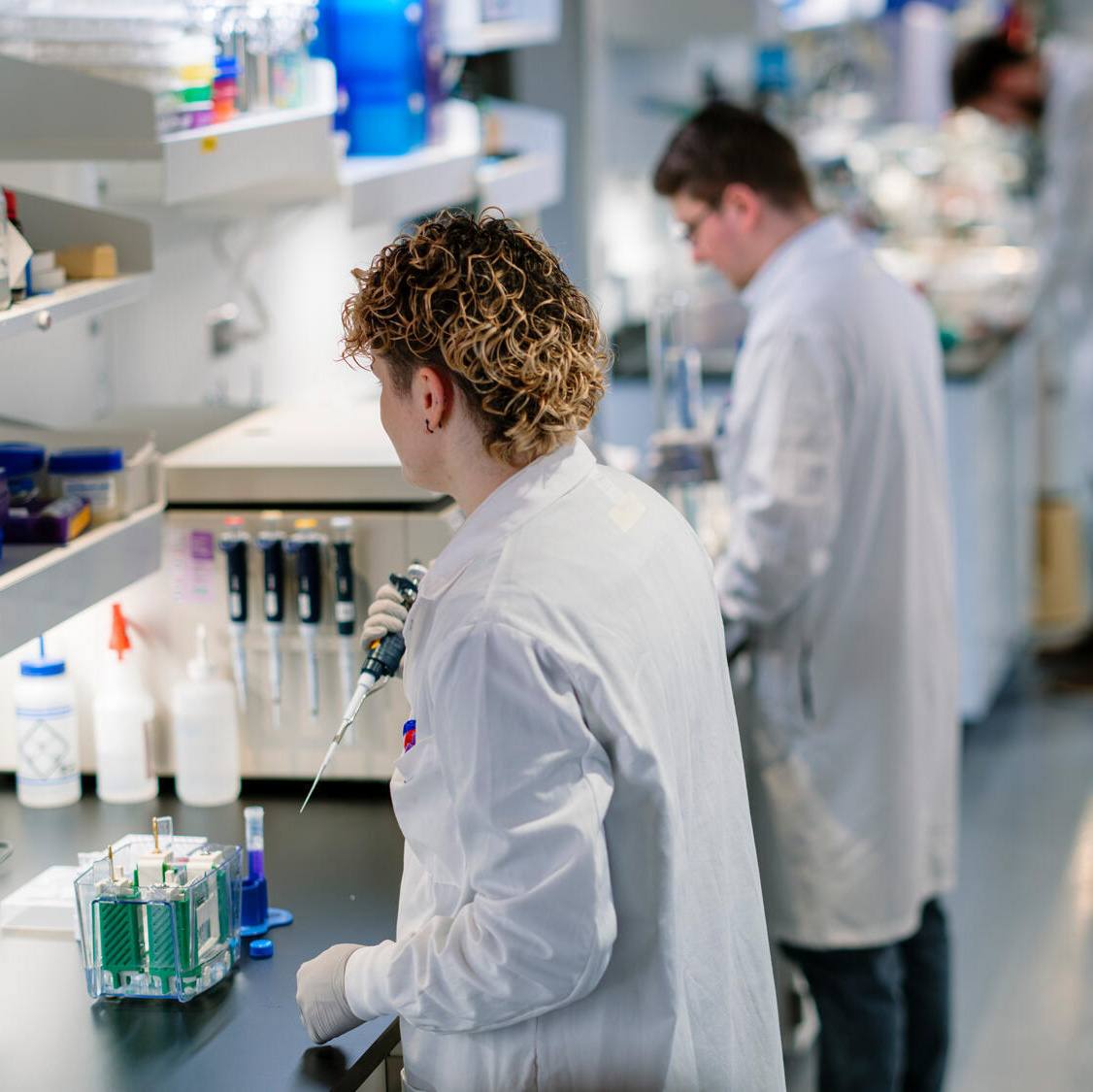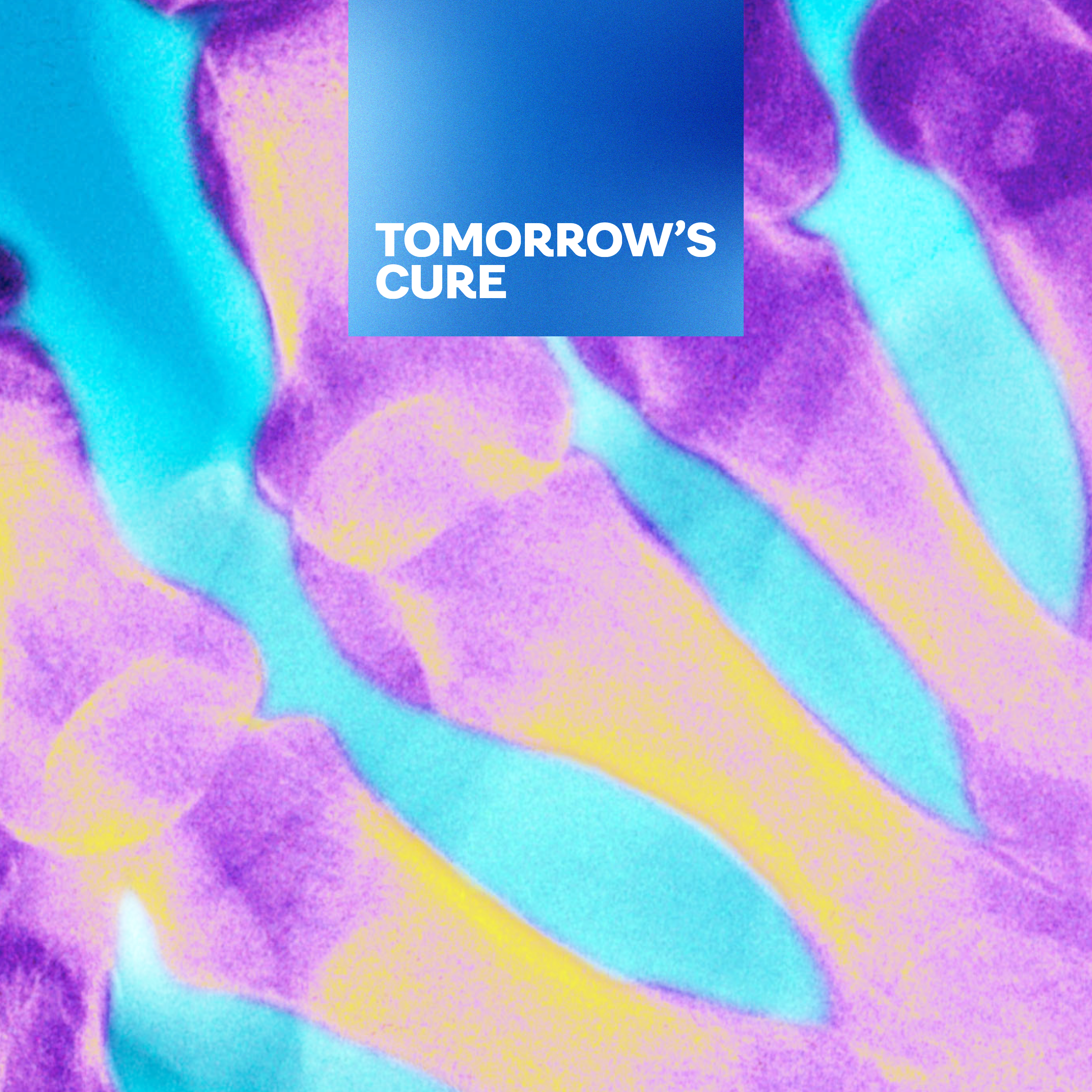-
Featured News
Penis health: Identify and prevent problems

While you might find it difficult to discuss problems affecting your penis with your health care provider, don't let embarrassment prevent you from taking charge of your health.
Penis problems can be a sign of an underlying health condition. Ongoing health issues affecting your penis also can impact other areas of your life, causing stress, relationship problems or poor self-confidence. Know the signs and symptoms of penis problems and what you can do to protect your penis health.
What conditions affect penis health and function?
Problems related to sexual function, sexuality activity and penis health include:
- Erectile dysfunction, the inability to get and keep an erection firm enough for sex
- Ejaculation problems, including the inability to ejaculate, premature ejaculation, delayed ejaculation, painful ejaculation, reduced ejaculation or retrograde ejaculation, when semen enters the bladder instead of emerging through the penis
- Anorgasmia, the inability to achieve an orgasm despite adequate stimulation
- Decreased libido, a reduced desire for sex
- Sexually transmitted infections — including genital warts, gonorrhea, chlamydia, syphilis and genital herpes — that can cause painful urination, penis discharge, and sores or blisters on the penis or in the genital area
- Yeast infection, which can cause inflammation of the head of the penis (balanitis), a reddish rash, white patches on the penis, itching or burning, and a white discharge
- Peyronie's disease, a chronic condition that involves the development of abnormal scar tissue inside the penis, often resulting in bent or painful erections
- Penile fracture, rupture during an erection of the fibrous, tubelike tissue in the penis, usually caused by an erect penis forcefully striking the female pelvis during sex
- Priapism, a persistent and usually painful erection that isn't caused by sexual stimulation or arousal
- Phimosis, a condition in which the foreskin of an uncircumcised penis can't be retracted from the penis head, causing painful urination and erections
- Paraphimosis, a condition in which the foreskin can't be returned to its normal position after being retracted, causing painful swelling of the penis and impaired blood flow
- Penile cancer, which may begin as a blister on the foreskin, head or shaft of the penis and then become a wartlike growth that discharges watery pus
What factors increase the risk of problems?
Various risk factors can affect penis health — some modifiable and some not. For example:
- Heart disease, diabetes and related conditions. Heart disease, diabetes, high blood pressure, high cholesterol and obesity can increase the risk of erectile dysfunction.
- Certain medications. Erectile dysfunction is a possible side effect of a number of common medications, including blood pressure drugs, antidepressants, prescription sleep medicine, ulcer drugs and drugs for prostate cancer.
- Prostate cancer treatment. Surgical removal of the prostate gland (radical prostatectomy) and surrounding tissue as treatment for prostate cancer might cause urinary incontinence and erectile dysfunction.
- Smoking. Along with other health risks, smoking increases your chances of having erectile dysfunction.
- Excessive drinking. Excessive drinking can contribute to reduced libido, erectile dysfunction and poor choices in sexual behaviors.
- Hormone levels. Hormone imbalances, especially testosterone deficiency, have been linked to erectile dysfunction.
- Psychological factors. Depression, severe stress or other mental health impairments, as well as medications for these conditions, may increase the risk of erectile dysfunction. In turn, erectile dysfunction may contribute to anxiety, depression, low self-esteem or stress about sexual performance.
- Neurological conditions. Stroke, spinal cord and back injuries, multiple sclerosis, and dementia can affect the transfer of nerve impulses from the brain to the penis, causing erectile dysfunction.
- Getting older. Aging generally results in a decline in testosterone levels and is associated with an increased risk of erectile dysfunction, decreased intensity of orgasms, decreased force of ejaculation and less penile sensitivity to touch.
- Unsafe sex. Unprotected sex, sex with multiple partners and other risky sexual behaviors increase the risk of sexually transmitted infections.
- Piercings. A penis piercing can cause a skin infection and disrupt urinary flow. Depending where the piercing is placed, it might also worsen your ability to achieve an erection or orgasm.
When to see your health care provider?
Consult your health care provider as soon as possible if you have any of the following signs or symptoms:
- Changes in the way you ejaculate
- Abrupt changes in sexual desire
- Bleeding during urination or ejaculation
- Warts, bumps, lesions or a rash on your penis or in your genital area
- A severely bent penis or curvature that causes pain or interferes with sexual activity
- A burning sensation when you urinate
- Discharge from your penis
- Severe pain after trauma to your penis
What can I do to keep my penis healthy?
You can take steps to protect your penis health and overall health. For example:
- Be sexually responsible. Use condoms or maintain a mutually monogamous relationship with a partner who's been tested and is free of sexually transmitted infections.
- Get vaccinated. If you're age 26 or younger, consider the human papillomavirus (HPV) vaccine to help prevent cancers associated with the virus.
- Stay physically active. Moderate physical activity can significantly reduce your risk of erectile dysfunction.
- Make healthy choices. Maintaining a healthy weight can help reduce the risk of developing high cholesterol, high blood pressure, type 2 diabetes and other risk factors for erectile dysfunction.
- Practice good hygiene. If you're not circumcised, regularly clean beneath your foreskin with soap and water. Be sure to return your foreskin to its normal position after sex.
- Know your medications. Discuss medication use and possible side effects with your health care provider.
- Pay attention to your mental health. Seek treatment for depression, anxiety or other mental health conditions.
- Stop smoking and limit the amount of alcohol you drink. If you smoke, quit. If you need help quitting, talk to your doctor. If you choose to drink alcohol, do so in moderation. For healthy adults, that means up to one drink a day for women of all ages and men older than age 65, and up to two drinks a day for men age 65 and younger.
Not all penis problems can be prevented. However, routinely examining your penis can give you greater awareness of the condition of your penis and help you detect changes. Regular checkups also can help ensure that problems affecting your penis are diagnosed as soon as possible.
This article is written by Mayo Clinic staff. Find more health and medical information on mayoclinic.org.







